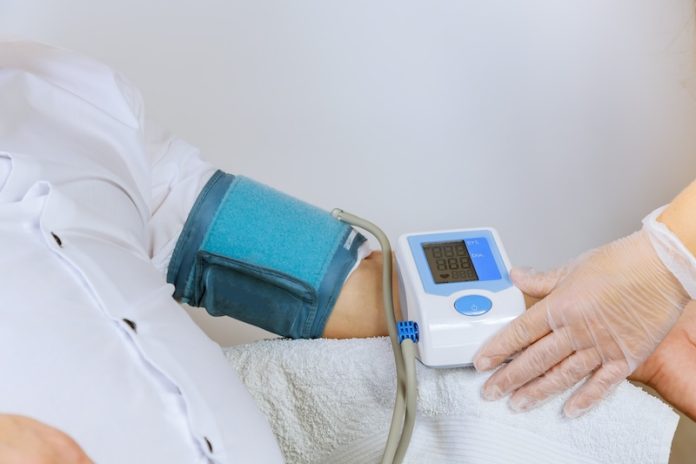
Did you hear about the interesting discovery scientists from the University of Maine made about vitamins?
They found that certain vitamins might help in lowering blood pressure. This is a big deal because many people worldwide struggle with high blood pressure.
Surprisingly, about 12.8% of these individuals can’t get their blood pressure down with medicines. This condition is known as drug-resistant high blood pressure.
Blood pressure is basically a measure of how hard your heart has to work to move blood through your body. While the ideal blood pressure was once considered to be below 140/90, doctors are now recommending it to be lower, like around 130/80.
Homocysteine: A Key Player
In our bodies, there’s something called homocysteine. It interacts with various vitamins. If we don’t have enough of certain vitamins, like B6, B12, folate, and B2, the levels of homocysteine can increase.
This is problematic because high homocysteine can narrow our blood vessels, leading to high blood pressure and other health issues.
The Power of B Vitamins
Here comes the exciting part: the scientists discovered that increasing the intake of these B vitamins can reduce homocysteine levels. This reduction can help in lowering blood pressure.
It’s almost like a magic trick but based on real science! Plus, these vitamins are usually not very expensive, making this a cost-effective solution.
Diverse Opinions
However, not everyone is entirely convinced about this method. To confirm their findings, the researchers did extensive research, reviewing what others have discovered in this field.
Their Findings
Their deep dive into research showed that B vitamins could lower blood pressure by about 6 to 13 points. Imagine someone’s blood pressure dropping from 140 to around 127 – that’s a significant improvement!
Ideal Homocysteine Levels
So, what’s the ideal level for homocysteine? While opinions vary, with some suggesting it should be less than 10 and others saying up to 11.4 is fine, these scientists believe it should be even lower for optimal health.
Vitamins as a Supplementary Treatment
For those who can’t manage their blood pressure with just medication, B vitamins could offer additional support. However, it’s important to consult with a doctor before starting any vitamin regimen.
This research, led by Merrill Elias, was published in a well-known publication, the American Journal of Hypertension.
It’s through their hard work and dedication that we’re learning about the potential benefits of B vitamins in managing blood pressure.
If you care about blood pressure, please read studies about unhealthy habits that could increase high blood pressure risk, and people with severe high blood pressure should reduce coffee intake.
For more information about blood pressure, please see recent studies that early time-restricted eating could help improve blood pressure, and results showing plant-based foods could benefit people with high blood pressure.





